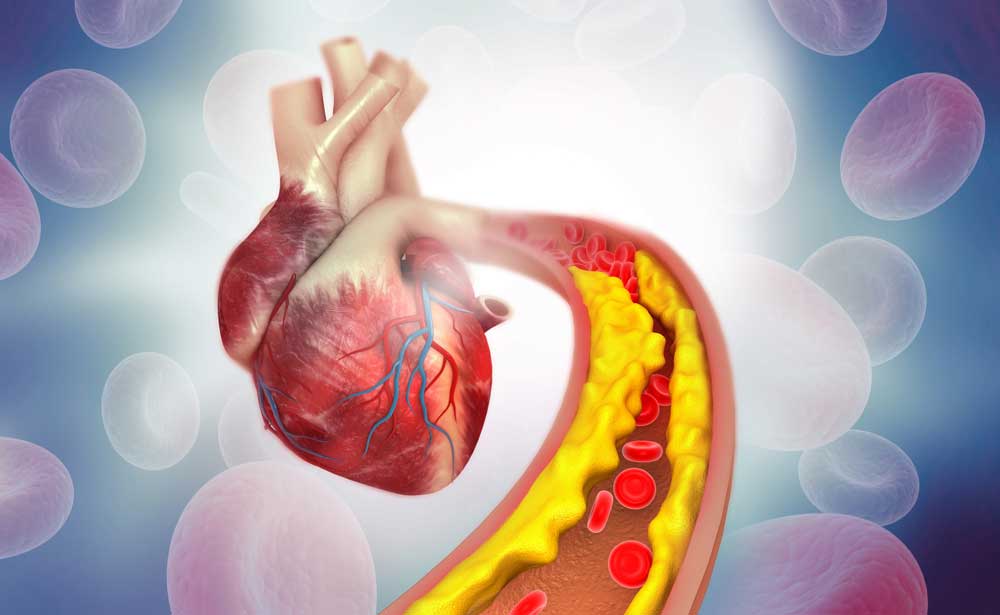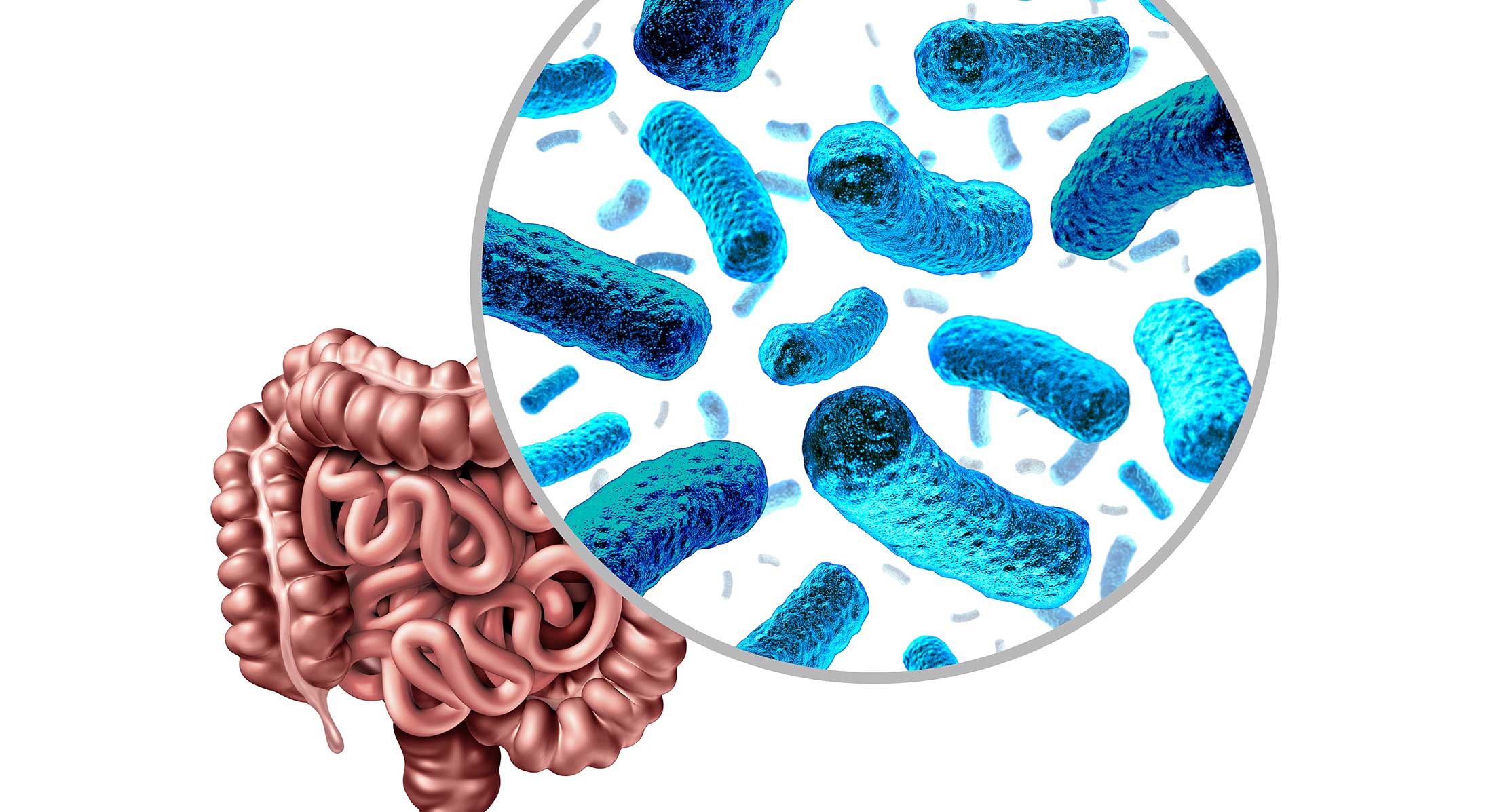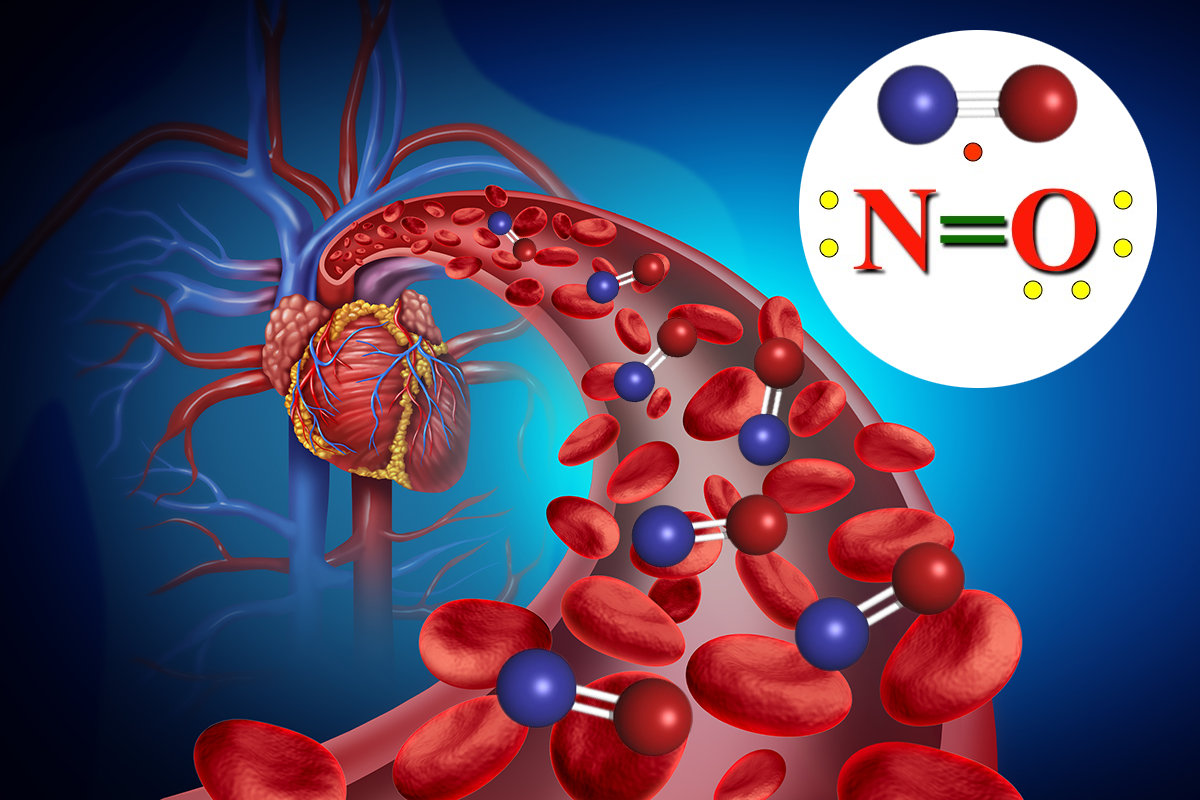The role of probiotics in blood pressure regulation and cardiovascular health has garnered significant attention in recent years. Probiotics, beneficial bacteria that inhabit our gut, have shown promising effects in various aspects of cardiovascular well-being. In this article, we will explore five helpful pieces of information about how probiotics can contribute to blood pressure regulation and overall cardiovascular health. From their impact on blood pressure levels to cholesterol management and anti-inflammatory effects, probiotics offer potential benefits for those seeking to support their cardiovascular system. However, it's crucial to remember that individual results may vary, and consulting a healthcare professional is essential before implementing any significant dietary changes or supplementation.
1, Blood Pressure Regulation.
Several studies have suggested that certain strains of probiotics, specifically those belonging to the Lactobacillus and Bifidobacterium species, may have a positive impact on blood pressure regulation.
Probiotics are live microorganisms that, when consumed in adequate amounts, can provide health benefits to the host. They are commonly found in fermented foods like yogurt and are also available as dietary supplements. The potential role of probiotics in blood pressure regulation has gained interest in recent years.
One mechanism by which probiotics may influence blood pressure is through the production of short-chain fatty acids (SCFAs). SCFAs are metabolic byproducts produced by the fermentation of dietary fibers by gut bacteria, including certain strains of Lactobacillus and Bifidobacterium. These SCFAs, such as acetate, propionate, and butyrate, have been associated with various health benefits, including lower blood pressure levels.
Studies have shown that SCFAs can have vasodilatory effects, meaning they help relax and widen blood vessels, which can lead to a decrease in blood pressure. Additionally, SCFAs may also improve endothelial function, reduce inflammation, and regulate sodium and fluid balance, all of which can contribute to blood pressure regulation.
Furthermore, probiotics may influence blood pressure through the modulation of the renin-angiotensin system (RAS). The RAS is a hormonal system involved in blood pressure regulation, and one of its key components is angiotensin II. Angiotensin II can cause blood vessels to constrict, resulting in increased blood pressure. Some studies have suggested that certain probiotic strains can reduce the production of angiotensin II, thereby helping to lower blood pressure.
It's important to note that while the evidence suggests a potential benefit of certain probiotic strains in blood pressure regulation, more research is needed to fully understand the specific mechanisms involved and to determine the optimal strains, dosages, and duration of probiotic supplementation for blood pressure management.
If you have concerns about your blood pressure or are considering using probiotics for this purpose, it's always recommended to consult with a healthcare professional who can provide personalized advice based on your individual health status and needs.
2, Cholesterol Management.
Probiotics have shown promise in managing cholesterol levels, particularly by reducing levels of low-density lipoprotein (LDL) cholesterol, which is often referred to as "bad" cholesterol due to its association with cardiovascular problems.
Studies have suggested that certain strains of probiotics, including Lactobacillus acidophilus and Lactobacillus plantarum, may help in lowering LDL cholesterol levels. These probiotic strains can work through several mechanisms to promote cholesterol management.
One mechanism involves the ability of certain probiotics to inhibit the absorption of cholesterol in the intestines. These probiotics can bind to dietary cholesterol, preventing its uptake into the bloodstream and promoting its excretion from the body through the feces. By reducing cholesterol absorption, probiotics can contribute to lower LDL cholesterol levels.
Additionally, probiotics may also impact cholesterol metabolism through their influence on bile acids. Bile acids are substances produced by the liver and released into the intestines, where they aid in the digestion and absorption of dietary fats, including cholesterol. Some strains of probiotics can modify bile acid metabolism, leading to increased bile acid excretion and reduced reabsorption. This process can result in increased cholesterol excretion from the body, thus helping to lower LDL cholesterol levels.
It's worth noting that while probiotics have shown promise in cholesterol management, their effects may vary depending on the strain, dosage, and individual factors. More research is needed to determine the specific strains and optimal dosages for cholesterol reduction, as well as to better understand the long-term effects and potential benefits.
If you're concerned about your cholesterol levels or considering using probiotics for cholesterol management, it's advisable to consult with a healthcare professional who can provide personalized guidance and recommendations based on your individual health status and needs. Additionally, lifestyle changes such as adopting a healthy diet, regular exercise, and maintaining a healthy weight are also important for managing cholesterol levels effectively.
3, Anti-inflammatory Effects.
Chronic inflammation has been implicated in the development and progression of various cardiovascular conditions, such as atherosclerosis and hypertension. Probiotics have shown potential in modulating the immune response and reducing inflammation, which can have a positive impact on cardiovascular health.
Probiotics can influence the immune system and inflammatory processes through various mechanisms. One way probiotics exert their anti-inflammatory effects is by regulating the production of inflammatory molecules, such as cytokines. Cytokines are small proteins that play a crucial role in promoting inflammation. Certain strains of probiotics, including Lactobacillus and Bifidobacterium species, have been shown to reduce the production of pro-inflammatory cytokines while promoting the production of anti-inflammatory cytokines. This modulation of cytokine production helps to balance the immune response and dampen chronic inflammation.
Moreover, probiotics can strengthen the intestinal barrier function. The gut lining acts as a protective barrier, preventing the entry of harmful substances and bacteria into the bloodstream. When the gut barrier becomes compromised, it can lead to the translocation of bacteria and their products into the bloodstream, triggering an inflammatory response. Probiotics can enhance the integrity of the intestinal barrier, reducing the leakage of harmful substances and reducing systemic inflammation.
By reducing chronic inflammation, probiotics may help prevent or manage cardiovascular diseases associated with inflammation. Atherosclerosis, for instance, involves the chronic inflammation of blood vessel walls, leading to the accumulation of plaque and narrowing of the arteries. By mitigating inflammation, probiotics may contribute to the prevention or slowing down of this process.
It's important to note that while probiotics have shown promise in modulating inflammation, more research is needed to further understand the specific mechanisms involved and to determine the optimal strains, dosages, and duration of probiotic supplementation for cardiovascular health.
If you have concerns about inflammation-related cardiovascular conditions or are considering using probiotics for their anti-inflammatory effects, it's advisable to consult with a healthcare professional who can provide personalized advice based on your individual health status and needs. Additionally, lifestyle factors such as maintaining a healthy diet, regular physical activity, stress management, and avoiding tobacco use are also essential for promoting cardiovascular health and reducing inflammation.
4, Gut Microbiota Balance.
The gut microbiota, the collection of microorganisms residing in our digestive tract, plays a significant role in maintaining overall health, including cardiovascular health. Probiotics can contribute to a healthy balance of gut bacteria, which is crucial for various aspects of our well-being.
Probiotics are beneficial bacteria that, when consumed in adequate amounts, can confer health benefits to the host. By introducing these beneficial bacteria into the gut, probiotics can help promote a healthy balance of the gut microbiota, which is characterized by the diversity and abundance of beneficial bacteria.
One way probiotics contribute to this balance is by suppressing the growth of harmful bacteria. Probiotics can compete with pathogenic bacteria for nutrients and attachment sites in the gut, limiting their growth and colonization. This helps to maintain a favorable microbial environment and prevent the overgrowth of potentially harmful bacteria, which can contribute to inflammation and other adverse health effects.
Furthermore, probiotics can support the growth and activity of beneficial bacteria in the gut. These beneficial bacteria, such as certain strains of Lactobacillus and Bifidobacterium, play important roles in the fermentation of dietary fibers and the production of short-chain fatty acids (SCFAs). As mentioned earlier, SCFAs have been associated with various health benefits, including cardiovascular health. They can help regulate immune system function, improve gut barrier integrity, and modulate inflammation, all of which are important for maintaining cardiovascular well-being.
Additionally, a healthy balance of gut bacteria is essential for proper digestion and absorption of nutrients. The gut microbiota assists in the breakdown of complex carbohydrates and the production of certain vitamins and metabolites that are important for overall health. When the gut microbiota is imbalanced, it can lead to digestive disturbances and malabsorption, which can indirectly impact cardiovascular health.
Maintaining a healthy gut microbiota balance through the use of probiotics, along with a fiber-rich diet and other lifestyle factors, can contribute to cardiovascular health by promoting optimal digestion, absorption of nutrients, and immune system function.
It's worth noting that individual responses to probiotics may vary, and more research is needed to better understand the specific strains, dosages, and duration of probiotic supplementation for optimizing gut microbiota balance and promoting cardiovascular health.
If you have specific concerns about your gut health or cardiovascular health and are considering probiotics, it's advisable to consult with a healthcare professional who can provide personalized advice based on your individual health status and needs.
5, Nitric Oxide Production.
Nitric oxide (NO) is a crucial molecule involved in regulating blood vessel tone and blood pressure. It helps relax and dilate blood vessels, improving blood flow and reducing blood pressure. Some probiotic strains, including Lactobacillus reuteri, have been shown to enhance the production of nitric oxide, which can contribute to cardiovascular health.
Probiotics can influence the production of nitric oxide through various mechanisms. One way is by promoting the activity of endothelial nitric oxide synthase (eNOS), an enzyme responsible for producing nitric oxide in the endothelial cells lining the blood vessels. Increased eNOS activity leads to higher levels of nitric oxide, which promotes vasodilation and improves blood flow.
Studies have suggested that certain probiotic strains, such as Lactobacillus reuteri, can stimulate the production of nitric oxide. This can have potential benefits for cardiovascular health by improving endothelial function, reducing vascular resistance, and maintaining healthy blood pressure levels.
Additionally, the production of nitric oxide by probiotics may also help counteract the effects of angiotensin II, a hormone that can cause blood vessels to constrict and elevate blood pressure. Nitric oxide acts as a vasodilator, counterbalancing the vasoconstrictive effects of angiotensin II and helping to maintain a healthy balance in blood vessel tone.
It's important to note that the effects of probiotics on nitric oxide production may vary depending on the specific strains used and individual factors. Further research is needed to understand the optimal strains, dosages, and duration of probiotic supplementation for promoting nitric oxide production and cardiovascular health.
If you have concerns about your blood pressure or cardiovascular health and are considering using probiotics, it's recommended to consult with a healthcare professional who can provide personalized advice based on your individual health status and needs. Additionally, lifestyle modifications such as maintaining a healthy diet, regular physical activity, and managing stress can also contribute to optimal cardiovascular health.
In conclusion, the role of probiotics in blood pressure regulation and cardiovascular health appears to be a promising avenue of research. The beneficial bacteria present in certain probiotic strains can contribute to maintaining healthy blood pressure levels by producing short-chain fatty acids, reducing the production of angiotensin II, and promoting nitric oxide production. Furthermore, probiotics have shown potential in managing cholesterol levels and reducing chronic inflammation, both of which are crucial factors in maintaining cardiovascular health. However, it's important to remember that the field of probiotic research is still evolving, and individual responses may vary. Consulting with a healthcare professional is always recommended to determine the most suitable approach for your specific needs. By considering the potential benefits of probiotics and integrating them into a comprehensive cardiovascular care plan, individuals can take proactive steps toward supporting their heart health and overall well-being.


:max_bytes(150000):strip_icc()/best-anti-inflammatory-medication-2548734-c7ad2c0e99d8424b95ce54ef0cb1a041.png)


Comments
Post a Comment